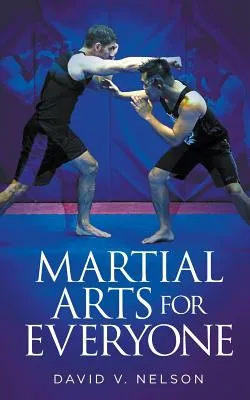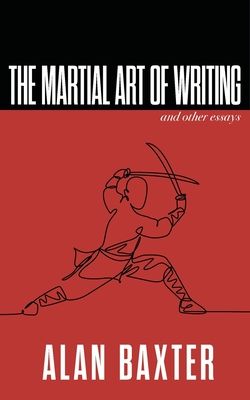Home
Black Dragon: Afro Asian Performance and the Martial Arts Imagination
Loading Inventory...
Barnes and Noble
Black Dragon: Afro Asian Performance and the Martial Arts Imagination
Current price: $99.95


Barnes and Noble
Black Dragon: Afro Asian Performance and the Martial Arts Imagination
Current price: $99.95
Loading Inventory...
Size: Hardcover
*Product Information may vary - to confirm product availability, pricing, and additional information please contact Barnes and Noble
In
Black Dragon: Afro Asian Performance and the Martial Arts Imagination
, Zachary F. Price illuminates martial arts as a site of knowledge exchange between Black, Asian, and Asian American people and cultures to offer new insights into the relationships among these historically marginalized groups. Drawing on case studies that include Kareem Abdul-Jabbar’s appearance in Bruce Lee’s film
Game of Death
, Ron van Clief and the Black Panther Party for Self-Defense, the Wu-Tang Clan, and Chinese American saxophonist Fred Ho, Price argues that the regular blending and borrowing between their distinct cultural heritages is healing rather than appropriative. His analyses of performance, power, and identity within this cultural fusion demonstrate how, historically, urban working-class Black men have developed community and practiced self-care through the contested adoption of Asian martial arts practice. By directing his analysis to this rich but heretofore understudied vein of American cultural exchange, Price not only broadens the scholarship around sites of empowerment via such exchanges but also offers a compelling example of nonessentialist emancipation for the twenty-first century.
Black Dragon: Afro Asian Performance and the Martial Arts Imagination
, Zachary F. Price illuminates martial arts as a site of knowledge exchange between Black, Asian, and Asian American people and cultures to offer new insights into the relationships among these historically marginalized groups. Drawing on case studies that include Kareem Abdul-Jabbar’s appearance in Bruce Lee’s film
Game of Death
, Ron van Clief and the Black Panther Party for Self-Defense, the Wu-Tang Clan, and Chinese American saxophonist Fred Ho, Price argues that the regular blending and borrowing between their distinct cultural heritages is healing rather than appropriative. His analyses of performance, power, and identity within this cultural fusion demonstrate how, historically, urban working-class Black men have developed community and practiced self-care through the contested adoption of Asian martial arts practice. By directing his analysis to this rich but heretofore understudied vein of American cultural exchange, Price not only broadens the scholarship around sites of empowerment via such exchanges but also offers a compelling example of nonessentialist emancipation for the twenty-first century.


















